Tehran’s proxy wars: how Iran spends its billions
Critics say vast amounts of oil revenue goes overseas to fund foreign conflicts
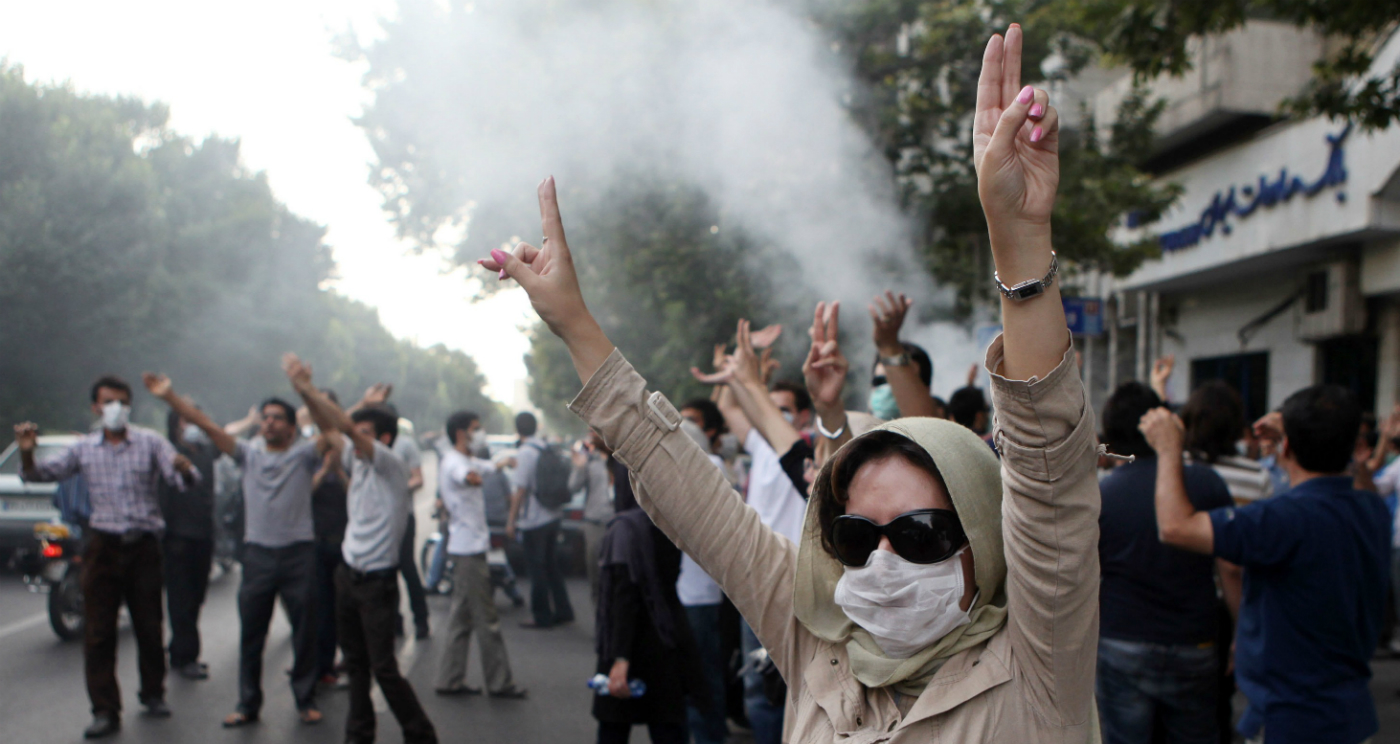
Iran is facing its worst civil unrest in almost a decade, with at least 22 people killed in street demonstrations that began in a reaction to tough economic times.
Iranians were promised in 2015 that the easing of sanctions would make their lives easier, with oil revenue restored after years of embargo. But there has been no recovery. In fact, according to the BBC’s Persian service, the average Iranian is now 15% worse off than they were ten years ago.
So, where is the oil money going?
Subscribe to The Week
Escape your echo chamber. Get the facts behind the news, plus analysis from multiple perspectives.

Sign up for The Week's Free Newsletters
From our morning news briefing to a weekly Good News Newsletter, get the best of The Week delivered directly to your inbox.
From our morning news briefing to a weekly Good News Newsletter, get the best of The Week delivered directly to your inbox.
Some protesters want Tehran to stop spending what they say is “vast amounts of money” on supporting the Syrian regime of President Bashar al-Assad, the Lebanese Shia group Hezbollah and the Palestinian Hamas movement, Deutsche Welle reports.
In an interview with The Times of Israel, Israeli government minister Yuval Steinitz says that Iran spends $1bn (£740m) each year just on Hezbollah.
Left-wing Israeli newspaper Haaretz quotes unnamed “Western intelligence sources” who claim that hardliners want to “capitalise” on money spent during Syria’s civil war to “entrench [Iran’s] presence by building a permanent air base and docking facilities on the Mediterranean coast”.
This would cost “at least hundreds of millions, if not billions”, the newspaper says, money that factions close to Iranian President Hassan Rouhani want to reserve for “improving infrastructure and providing jobs at home”.
According to Haaretz, Iran’s state-owned banks set up credit lines totalling $4.6bn (£3.4bn) for the Syrian regime in 2013 and 2015. It has paid a monthly wage to around 50,000 militia fighters, and has supplied arms “daily”, and military “advisers”.
Estimates of Iran’s total funding for Hezbollah in Lebanon vary from $60m (£44m) to $1bn a year, the newspaper adds, while Israeli intelligence estimates Iranian backing to Islamic groups in Gaza adds up to some $100m (£74m) annually.
Sign up for Today's Best Articles in your inbox
A free daily email with the biggest news stories of the day – and the best features from TheWeek.com
-
 The Week Junior celebrates its 10th anniversary
The Week Junior celebrates its 10th anniversaryFeature The Week Junior launches a range of initiatives including dinner conversation chat starters as part of 10th anniversary celebrations
-
 The Week Unwrapped: How is professional sport dealing with dementia?
The Week Unwrapped: How is professional sport dealing with dementia?Podcast Plus, is fossil-fuel advertising on borrowed time? And do male authors need more support?
-
 The week's best photos
The week's best photosIn Pictures Finger wrestling, a race for waiters, and more
-
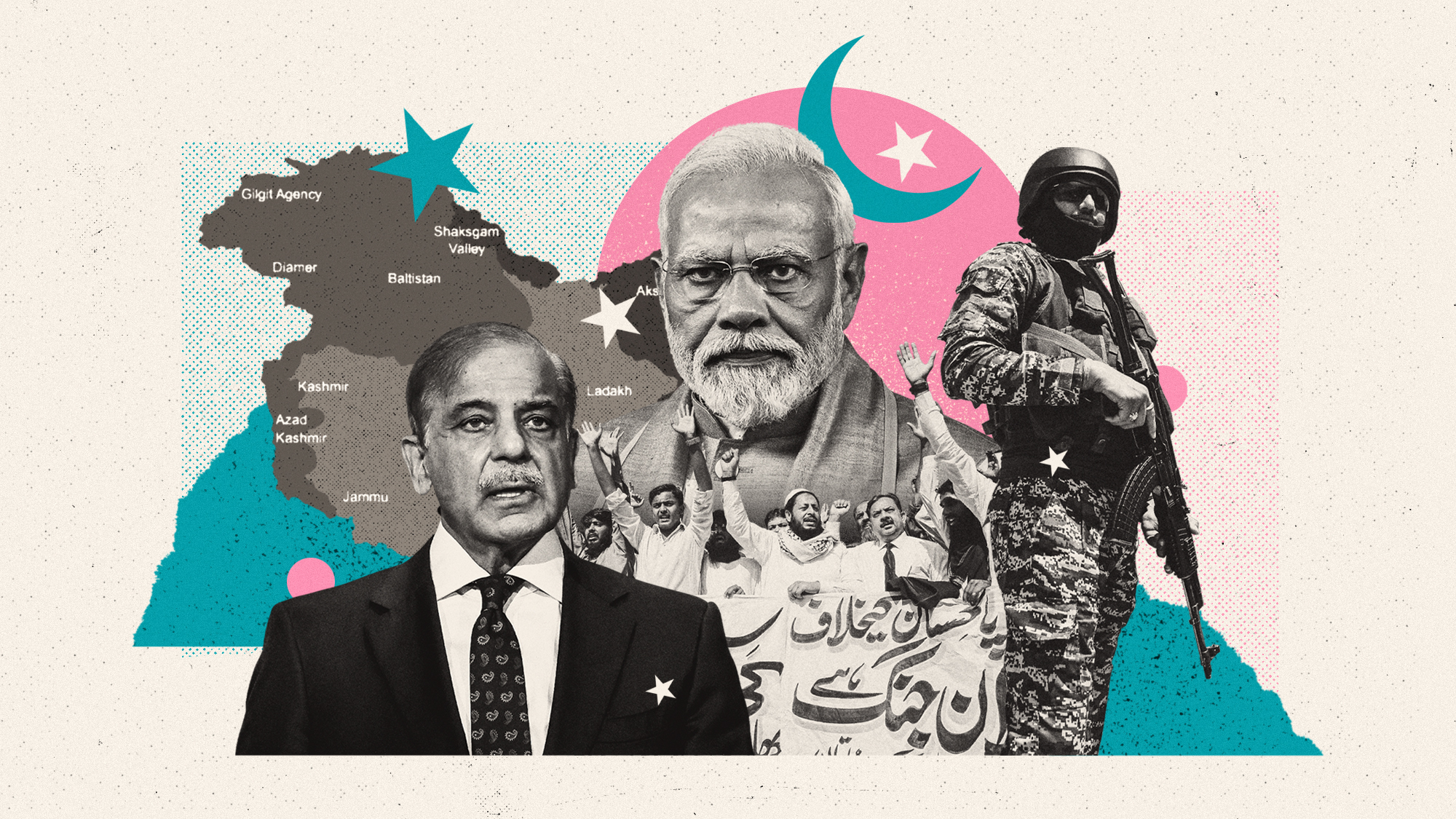 What happens if tensions between India and Pakistan boil over?
What happens if tensions between India and Pakistan boil over?TODAY'S BIG QUESTION As the two nuclear-armed neighbors rattle their sabers in the wake of a terrorist attack on the contested Kashmir region, experts worry that the worst might be yet to come
-
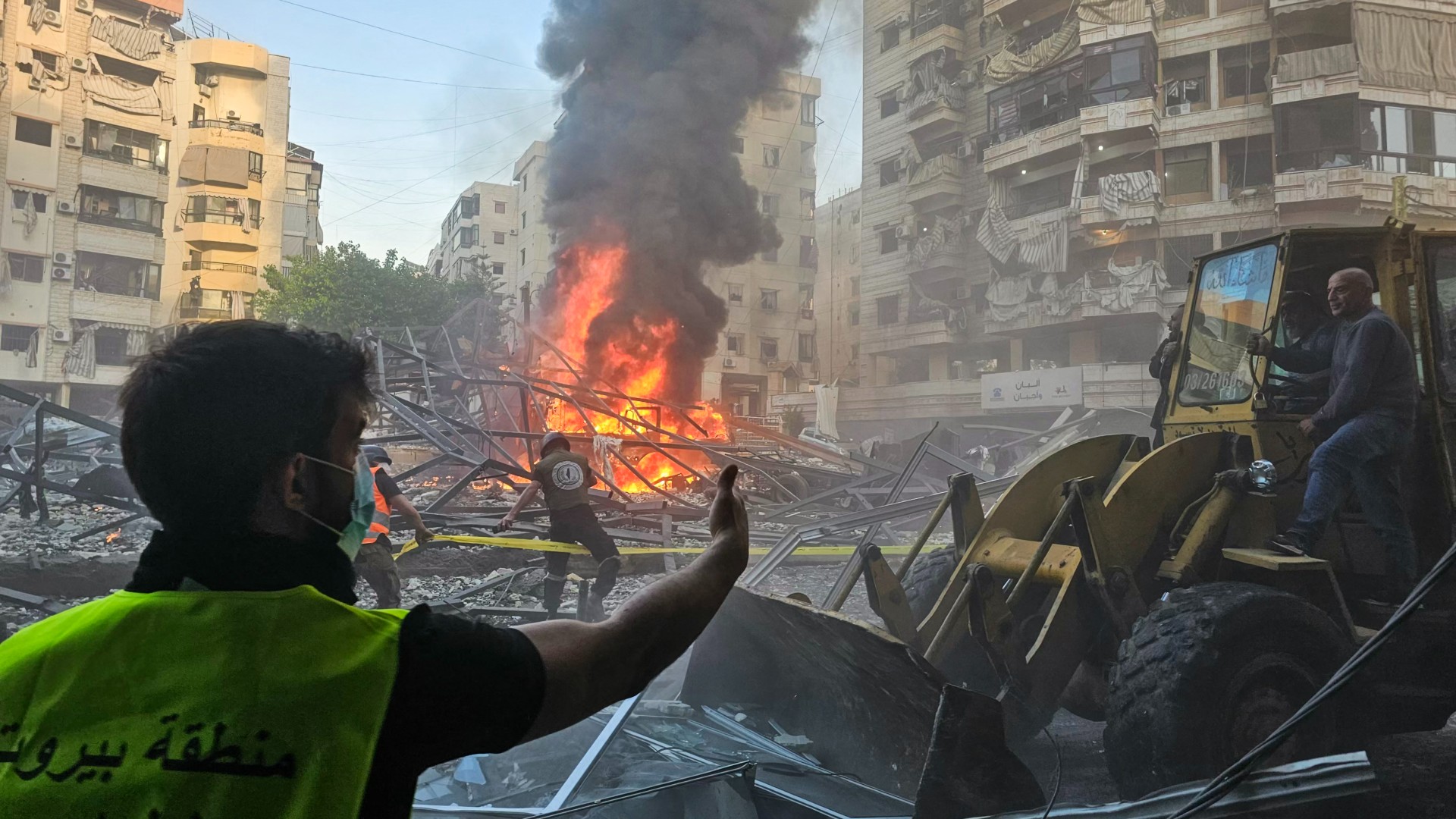 Israel launches air strike on Beirut suburbs
Israel launches air strike on Beirut suburbsSpeed Read The attack targeting Hezbollah was Israel's third on the Lebanese capital since November's ceasefire
-
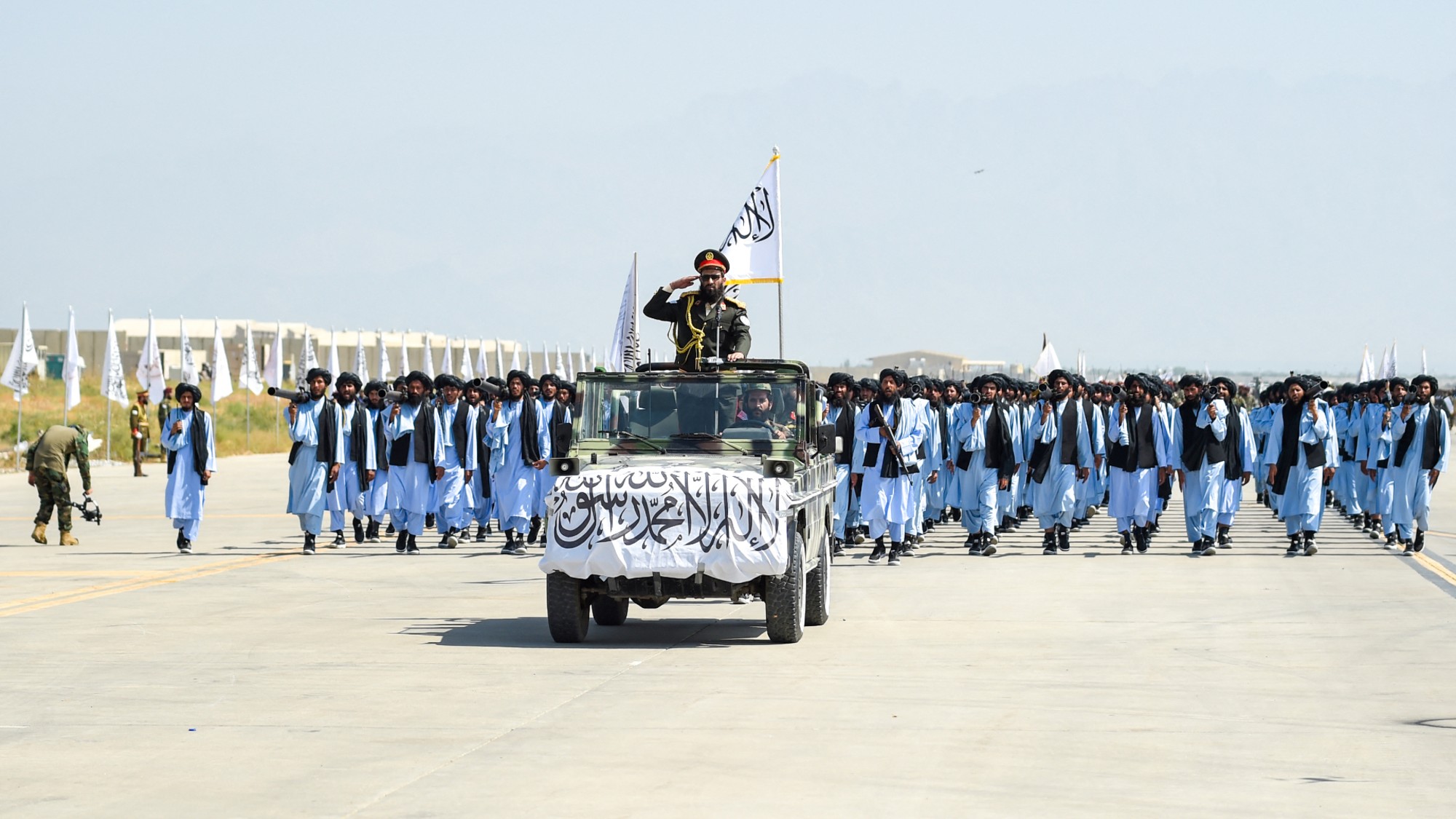 Why Russia removed the Taliban's terrorist designation
Why Russia removed the Taliban's terrorist designationThe Explainer Russia had designated the Taliban as a terrorist group over 20 years ago
-
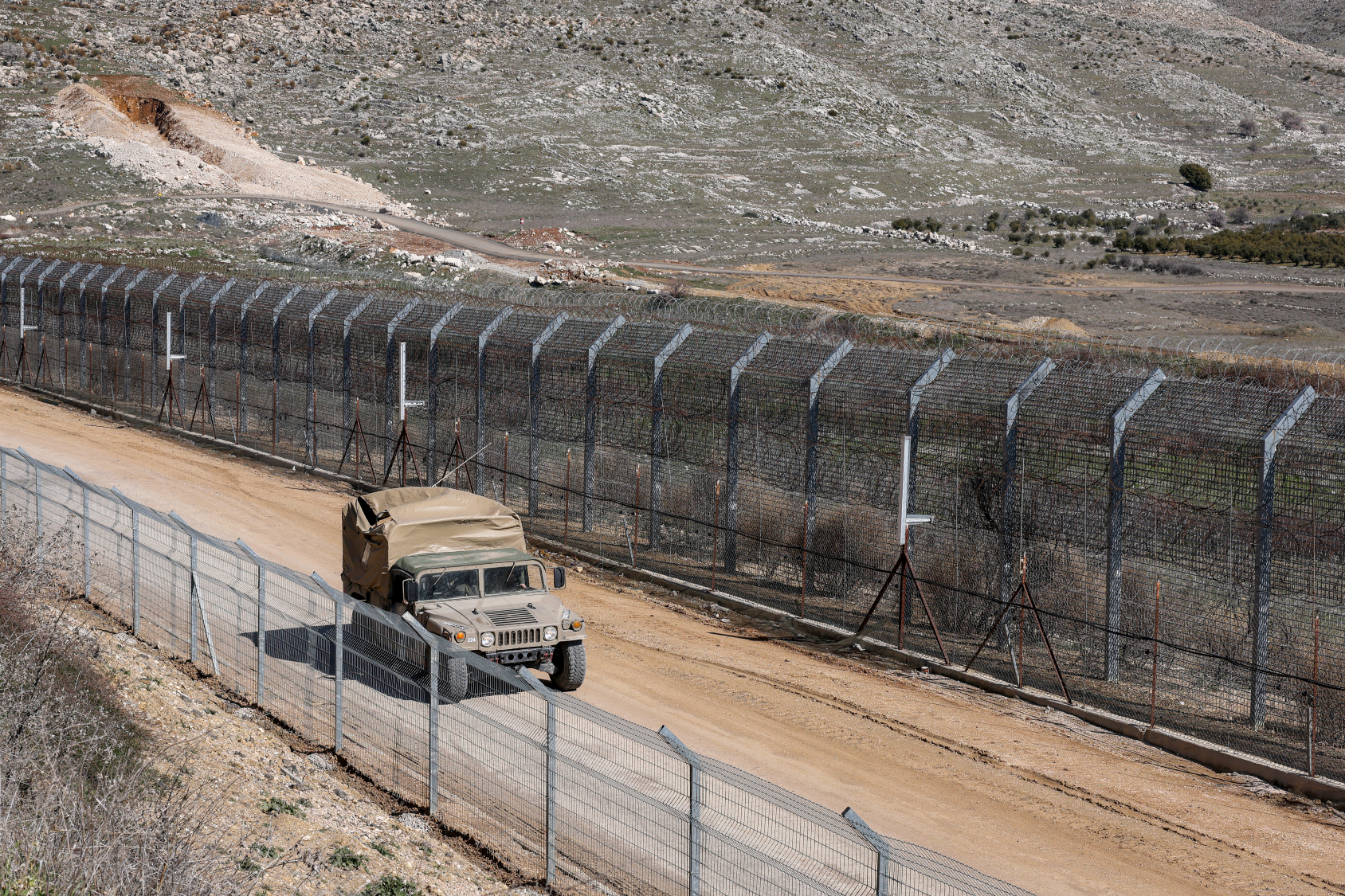 Inside the Israel-Turkey geopolitical dance across Syria
Inside the Israel-Turkey geopolitical dance across SyriaTHE EXPLAINER As Syria struggles in the wake of the Assad regime's collapse, its neighbors are carefully coordinating to avoid potential military confrontations
-
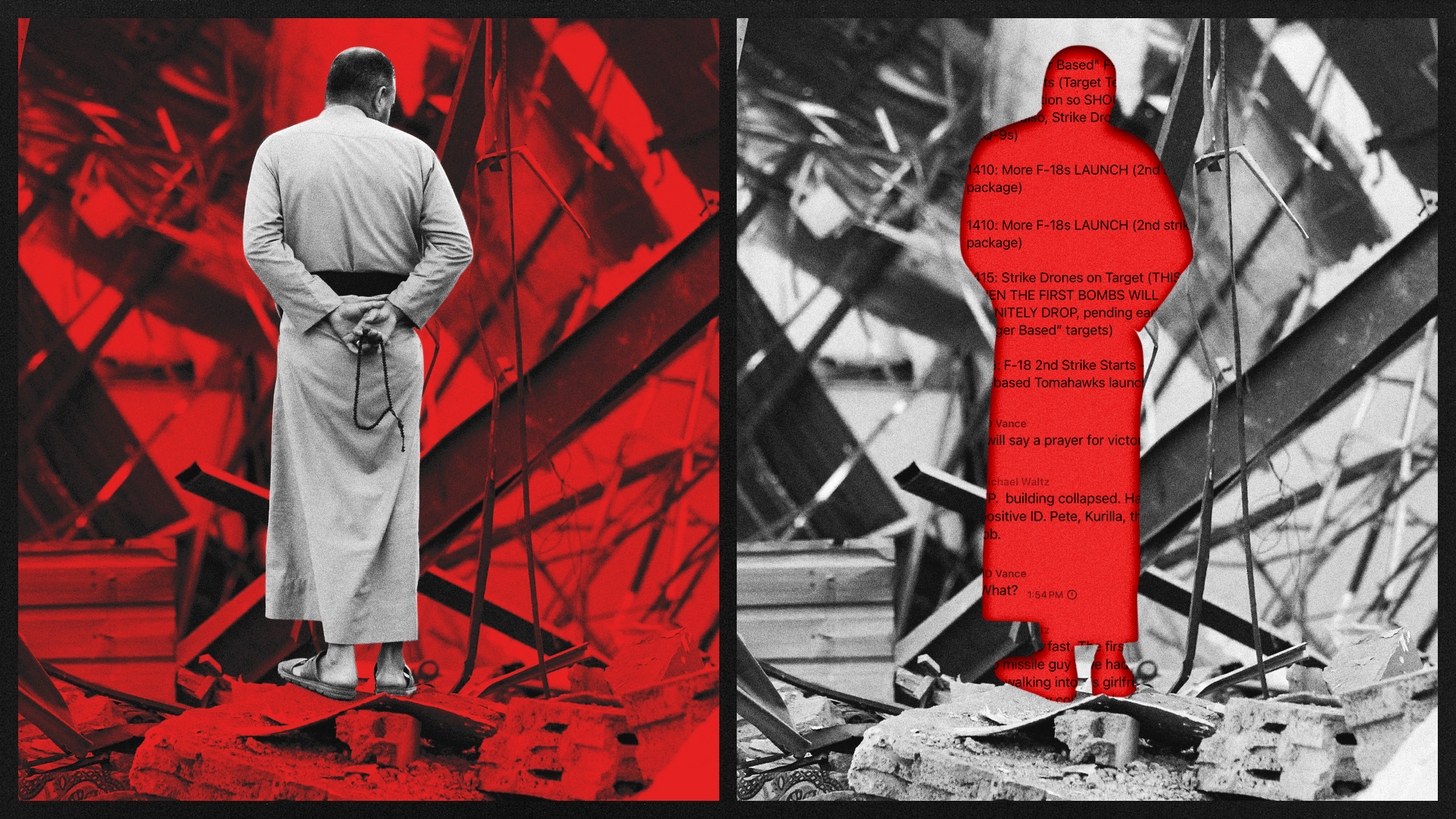 Yemen is the next humanitarian crisis in the Middle East
Yemen is the next humanitarian crisis in the Middle EastIn the Spotlight The country has been dealing with humanitarian issues for years that are being exacerbated by war
-
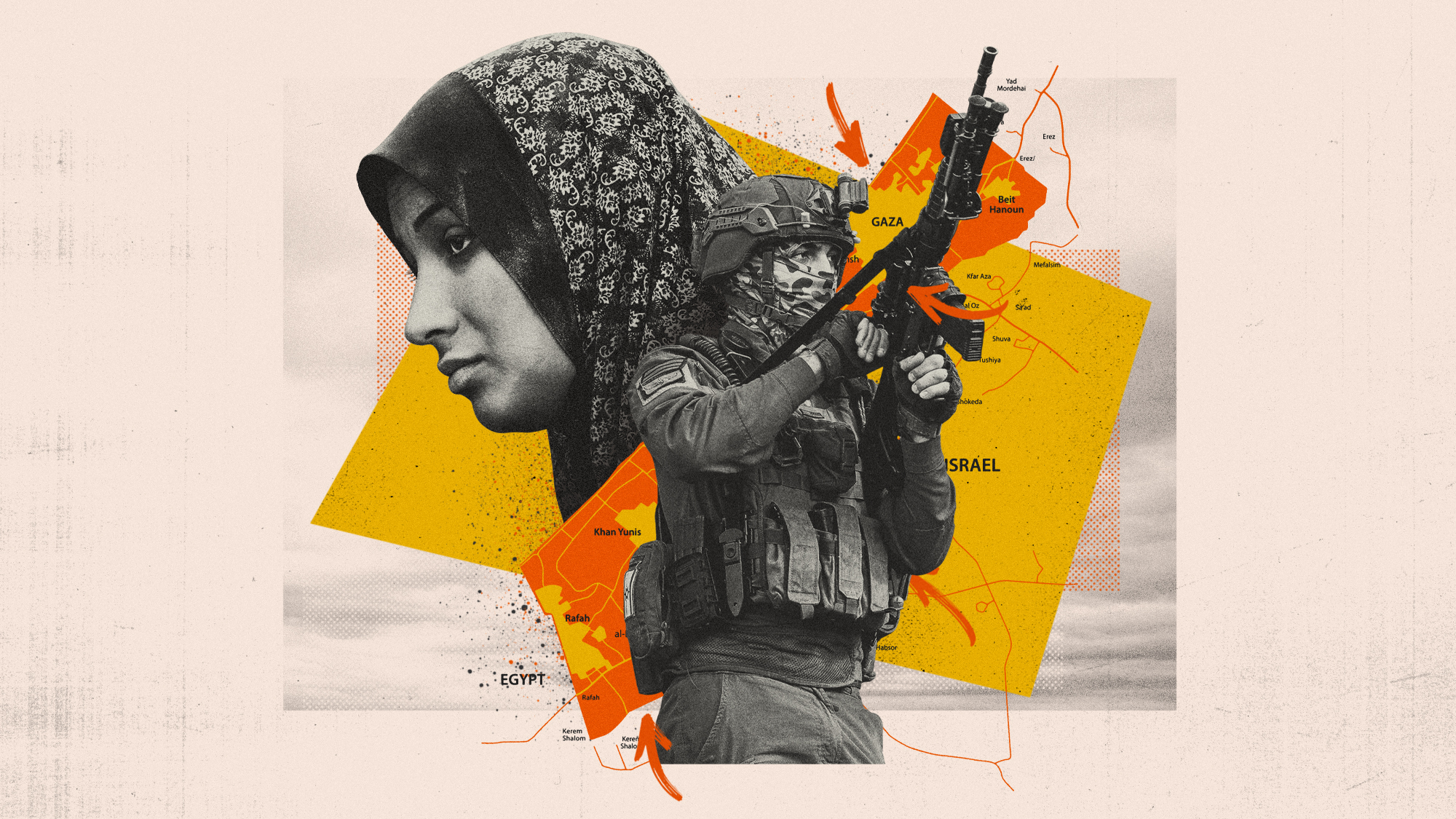 Is Israel annexing Gaza?
Is Israel annexing Gaza?Today's Big Question Israeli army prepares a major ground offensive and is said to have plans to 'fully occupy the territory'
-
 'Like a sound from hell': Serbia and sonic weapons
'Like a sound from hell': Serbia and sonic weaponsThe Explainer Half a million people sign petition alleging Serbian police used an illegal 'sound cannon' to disrupt anti-government protests
-
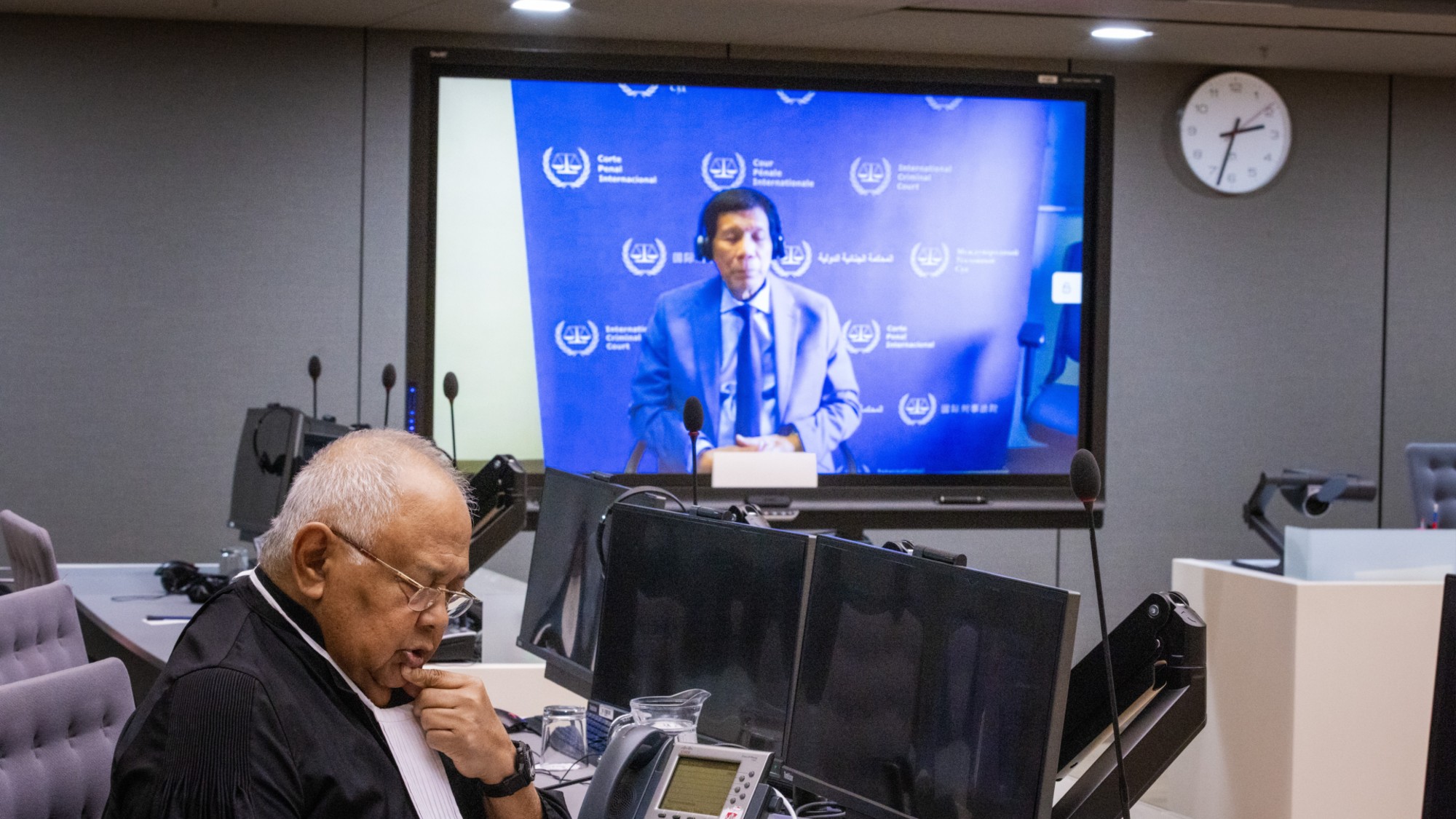 The arrest of the Philippines' former president leaves the country's drug war in disarray
The arrest of the Philippines' former president leaves the country's drug war in disarrayIn the Spotlight Rodrigo Duterte was arrested by the ICC earlier this month